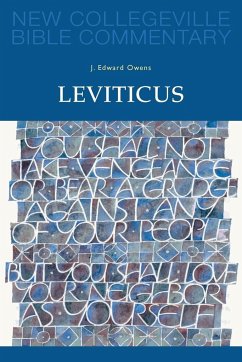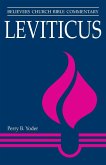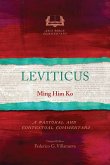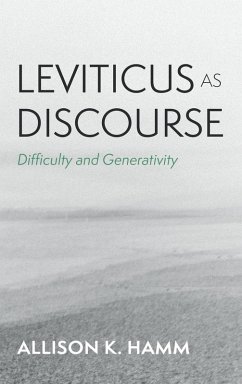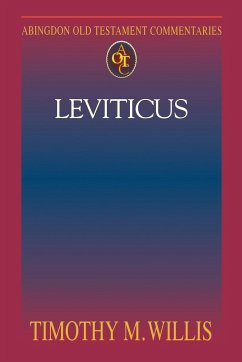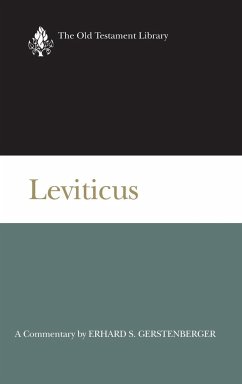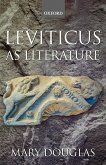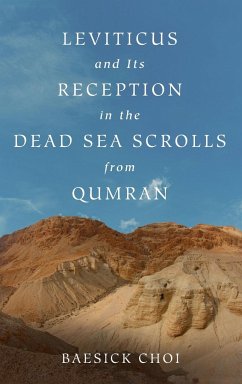What are we as contemporary readers to make of such a strange book as Leviticus? How can we possibly relate to the kosher laws of clean and unclean foods? Who would want to dine on camel, order eagle or stork, and munch on grasshoppers and crickets? In this informative and inspiring commentary, J. Edward Owens shows us that behind the seemingly antiquated rituals of Leviticus, there is one theme that permeates throughout: "Sanctify yourselves and be holy; for I, the LORD, your God, am holy." In addition, Owens frequently makes connections between Leviticus and the New Testament. Just as Mary, Jesus, and the apostles observed many of the rules of Leviticus, so too are they relevant for us today. Leviticus can help us as we seek to renew the reverence and wonder in our worship and work -- and thereby grow in the sanctity and holiness of God.
Bitte wählen Sie Ihr Anliegen aus.
Rechnungen
Retourenschein anfordern
Bestellstatus
Storno

